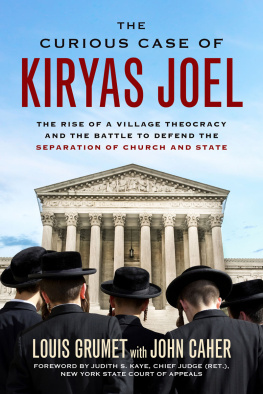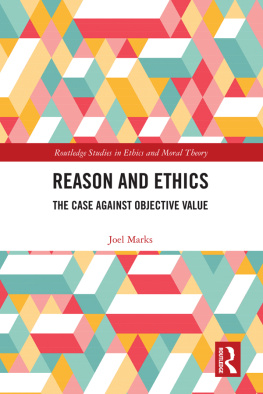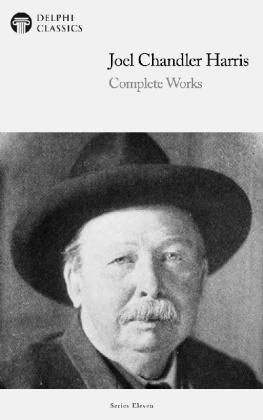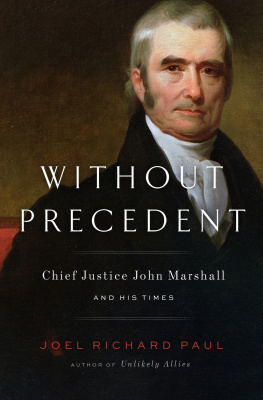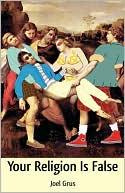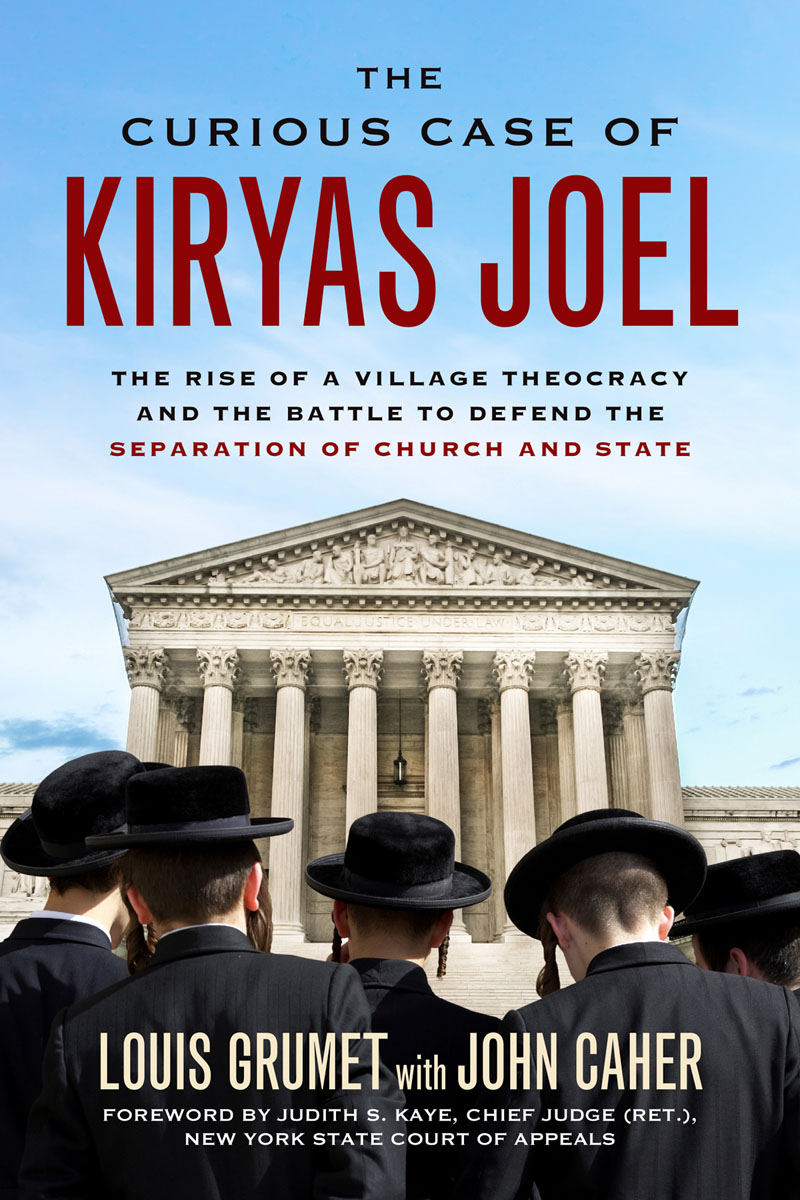
TWENTY YEARS AGO, IN THE MIDDLE OF THE NIGHT and on the last day of the legislative session, the New York State Legislature created a publicly funded school district to cater to the interests of a religious sect called the Satmar, an insular group of Hasidic Jews that objects to, among other things, female school bus drivers. The rapidly growing sect had bought land in rural Upstate New York, populated it solely with members of its faction, and created a village called Kiryas Joel that exerted extraordinary political pressure over both political parties. Marking the first time in American history that a governmental unit was established for a religious group, the legislatures action prompted years of litigation that eventually went to the US Supreme Court.
As todays Supreme Court signals its willingness to view a religious viewpoint like any other speech and accord it equal protection, the 1994 case, Board of Education of Kiryas Joel Village School District v. Grumet, stands as the most important legal precedent in the fight to uphold the separation of church and state. In The Curious Case of Kiryas Joel, plaintiff Louis Grumet opens a window onto the Satmar Hasidic community, where language, customs, and dress have led to estrangement from and clashes with neighboring communities, and details the inside story of his fight for the First Amendment and against New Yorks most powerful politicians.
Informed by numerous interviews with key figures such as Governor George Pataki, media accounts, court transcripts, and more, The Curious Case of Kiryas Joel not only tantalizes with a peek at cynical power politics driven by votes and Supreme Court justice squabbling and negotiation; it also provides an important demonstration of how a small, insular, and politically savvy religious group can grasp legal and political power. This storya blend of politics, religion, cultural clashes, and constitutional tensionis an object lesson in the ongoing debate over freedom of versus freedom from religion.
Copyright 2016 by Louis Grumet and John M. Caher
Foreword copyright 2016 by Judith S. Kaye
All rights reserved
Published by Chicago Review Press Incorporated
814 North Franklin Street
Chicago, Illinois 60610
ISBN 978-1-61373-500-8
Library of Congress Cataloging-in-Publication Data
Names: Grumet, Louis, author. | Caher, John M., author.
Title: The curious case of Kiryas Joel : the rise of a village theocracy and the battle to defend the separation of church and state / Louis Grumet, John M. Caher ; foreword by Judith S. Kaye.
Description: Chicago : Chicago Review Press, 2016. | Includes bibliographical references and index. | Description based on print version record and CIP data provided by publisher; resource not viewed.
Identifiers: LCCN 2015048469 (print) | LCCN 2015048056 (ebook) | ISBN 9781613735015 (PDF edition) | ISBN 9781613735039 (EPUB edition) | ISBN 9781613735022 ( Kindle edition) | ISBN 9781613735008 (hardback)
Subjects: LCSH: Kiryas Joel Union Free School District (Monroe, N.Y.)Trials, litigation, etc. | Satmar HasidimNew York (State)Kiryas JoelTrials, litigation, etc. | Satmar HasidimLegal status, laws, etc.New York (State)Kiryas Joel. | Religion in the public schoolsLaw and legislationNew York (State) | Jewish religious education of children with disabilitiesNew York (State)Kiryas Joel. | Jewish religious schoolsNew York (State)Kiryas Joel. | Freedom of religionUnited States. | Church and stateUnited States. | BISAC: LAW / Constitutional. | LAW / Legal History. | HISTORY / United States / 21st Century. | HISTORY / United States / State & Local / Middle Atlantic (DC, DE, MD, NJ, NY, PA). | POLITICAL SCIENCE / Government / Judicial Branch. | RELIGION / Judaism / Conservative.
Classification: LCC KF228.K565 (print) | LCC KF228.K565 G78 2016 (ebook) | DDC 344.73/0796dc23
LC record available at http://lccn.loc.gov/2015048469
Interior design: Jonathan Hahn
Author photos: Louis Grumet, photo by Megan Groppe; John M. Caher, photo by Robert D. Mayberger; Judith S. Kaye, photo courtesy of New York Law Journal, Rick Kopstein, photographer
Printed in the United States of America
5 4 3 2 1
To a friend, unsung hero, and inspiration: Dr. Hannah Flegenheimer,
who devotes her life to providing children of all potentials and all
capabilities with the chance to succeed, and through her commitment
and life example reminds me regularly of the role education plays in
nourishing our democratic republic and sustaining our Constitution.
CONTENTS

FOREWORD

T ALK ABOUT THE intervention of fate! Though I had agreed to consider writing a foreword for a new book coauthored by my friends Lou Grumet and John Caher, the manuscript sat temptingly on a table in my office, but it was a long reach across several piles of documents with due dates on them. Then very early one Friday morning, I found myself at home sprawled on the hallway tile floor, having taken a bad fall while racing from the bedroom to answer the cell phone plugged into the kitchen wall. When I finally made it to a doctor, he pronounced no disaster and ordered light pain medication, lots of ice for the knees and forehead, and my legs raised whenever possible. The perfect prescription for plunging into the manuscript. There I was, Friday afternoon through Sunday eveningfrom sofa to armchair to bed, always with the manuscript in hand.
Not for a moment do I suggest that you pursue such a pathway into this book. Just pick it up the usual way. Its a treat, not a treatment.
In writing this foreword, I now put all personal involvements aside, most especially my own participation in the fascinating Kiryas Joel cases as a judge of the Court of Appeals of the State of New York. So, what precisely makes this book such an engaging read for each of you?
I begin with the fact that the book is a great introduction to a world we all should know much more about: our governmenteach of the three branches and their interactions with one another, from the principles envisioned by our founders centuries ago to the implementation and protection of those principles every single day by our contemporaries in a radically changing society. Thats hardly a day at the beach, I admit, and most of us, regrettably, avoid it, satisfying ourselves with merely grumbling and complaining. But this book is a compelling introduction to the subject told through a single lens, and it could not be more beautifully or articulately illustrated, with good, solid introductions to each of the participants, from our nations founders to todays governors, legislators, political leaders, and judges, and the human beings actually impacted by their choices.
Second, the lens itself is a subject of immense interest. The particular focus of the book is on Satmar Hasidim, a religiously homogenous, politically muscular group situated in Orange County, New York, and on education services for their many, many children with disabilities and special needs. This subject embraces a rainbow of fascinating issues, from First Amendment constitutional protections (Congress shall make no law respecting an establishment of religion, or prohibiting the free exercise thereofin other words, freedom to and freedom from), to political deal makers and courts generally settling (and unsettling) the reach of these fundamental concepts, and ultimately to the power of relentless persistence.
Next page
